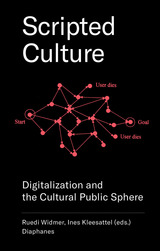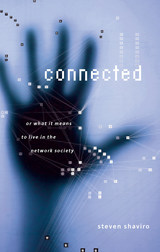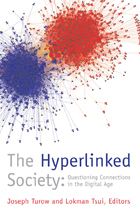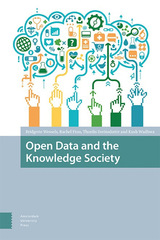Politics of Rightful Killing: Civil Society, Gender, and Sexuality in Weblogistan
Duke University Press, 2020
Cloth: 978-1-4780-0596-4 | Paper: 978-1-4780-0665-7 | eISBN: 978-1-4780-0733-3
Library of Congress Classification HM851.S535 2020
See other books on: Civil society | Computer network resources | Iran | Political participation | Sexuality
See other titles from Duke University Press
Cloth: 978-1-4780-0596-4 | Paper: 978-1-4780-0665-7 | eISBN: 978-1-4780-0733-3
Library of Congress Classification HM851.S535 2020
ABOUT THIS BOOK | AUTHOR BIOGRAPHY | REVIEWS | TOC | REQUEST ACCESSIBLE FILE
ABOUT THIS BOOK
In the early 2000s, mainstream international news outlets celebrated the growth of Weblogistan—the online and real-life transnational network of Iranian bloggers—and depicted it as a liberatory site that gave voice to Iranians. As Sima Shakhsari argues in Politics of Rightful Killing, the common assumptions of Weblogistan as a site of civil society consensus and resistance to state oppression belie its deep internal conflicts. While Weblogistan was an effective venue for some Iranians to “practice democracy,” it served as a valuable site for the United States to surveil bloggers and express anti-Iranian sentiment and policies. At the same time, bloggers used the network to self-police and enforce gender and sexuality norms based on Western liberal values in ways that unwittingly undermined Weblogistan's claims of democratic participation. In this way, Weblogistan became a site of cybergovernmentality, where biopolitical security regimes disciplined and regulated populations. Analyzing online and off-line ethnography, Shakhsari provides an account of digital citizenship that raises questions about the internet's relationship to political engagement, militarism, and democracy.
See other books on: Civil society | Computer network resources | Iran | Political participation | Sexuality
See other titles from Duke University Press




























